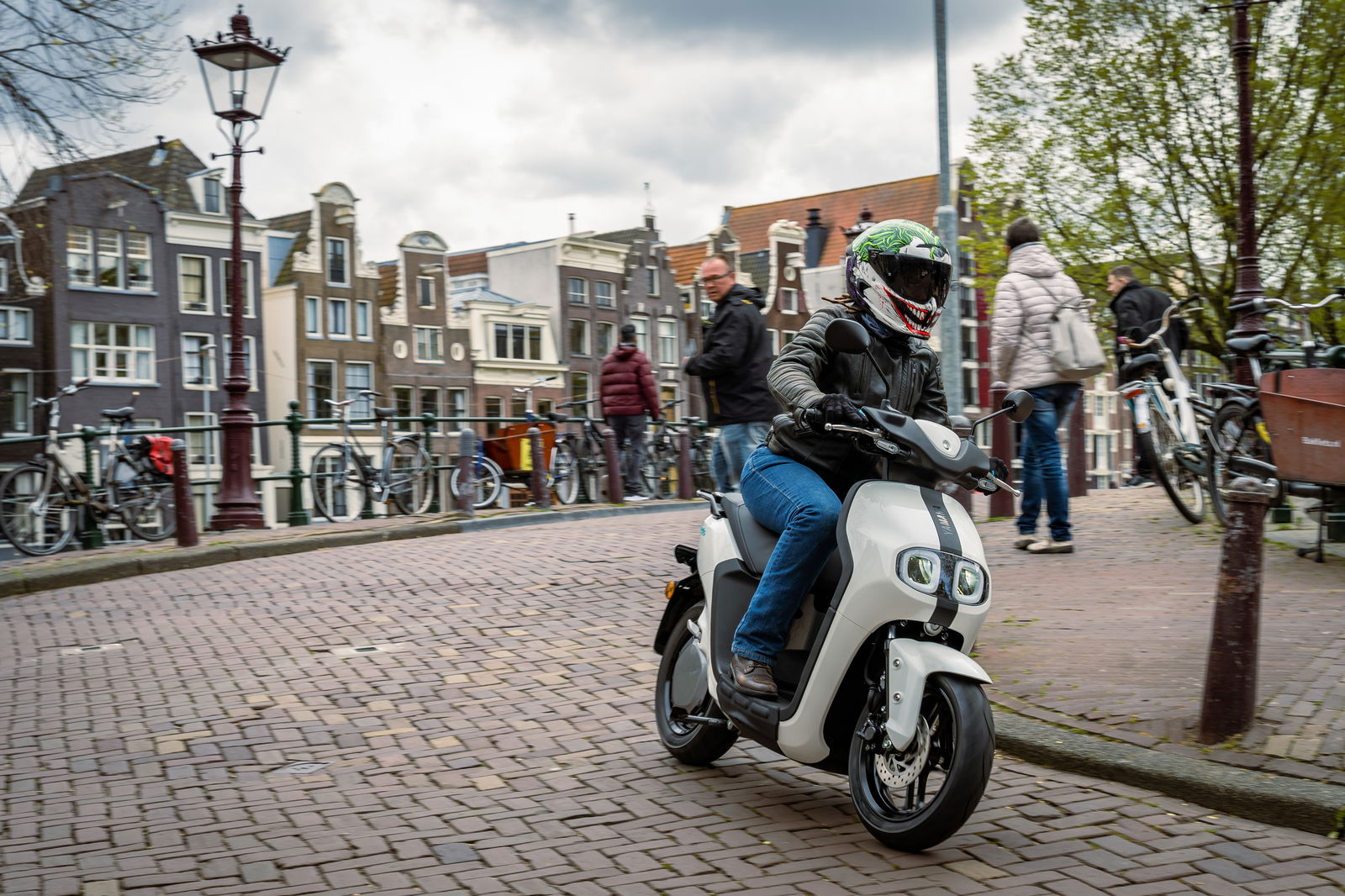EV switch when combustion banned to cost £15,000 per household
The government methodology for calculating the costs of the ICE ban, and replacing ICE vehicles with EV alternatives, finds huge costs for UK households.

A report which has been co-funded by the UK’s Motorcycle Action Group has highlighted the economic cost of banning internal combustion engines and replacing them with new EV alternatives.
The Motorcycle Action Group (MAG) has already stated its opposition to the UK government’s plans to begin phasing out internal combustion engine (ICE) motorcycles from 2030. By 2040, it intends to have banned the sale of new internal combustion engine vehicles across the board.
The report which has been co-funded by the MAG (as well as the Alliance of British Drivers and FairFuelUK) has been published by The Centre for Economics and Business Research (CEBR), and uses official government methodology to compare anticipated environmental benefits of banning ICE vehicles with the anticipated costs of such a ban. The fundamental conclusion of the report is that the benefits of banning sales of new ICE vehicles are outweighed by the negatives.
The report concludes that bans on ICE vehicles will result in costs that are five-times the size of the benefits, and that an average UK household will pay a net £14,700 to make the switch away from ICEs. Taking the nation as a whole, “The net present value is negative £226 billion,” the report says.
.JPG?width=1600)
Additionally, the report considers that there is expected to be a supply shortage of lithium by 2030. Of course, lithium is a vital component in lithium-ion batteries, whose use is expected to continue to increase as electric motorcycles and cars (EVs) become more common.
The report also mentions the loss in tax revenue for the government through VAT and fuel duty, which it anticipates to be £76.8 billion between now and 2050. It says that this will result in either major public spending cuts, or other taxes being raised. In Switzerland, they have considered taxing electric vehicles on distance travelled. Something similar could be implemented in the UK, but it is far from a certainty.
Other fundamental costs found by the report include £188 billion in new vehicle purchases, and infrastructure costs of £99 billion. The report also anticipates £47 billion will be lost through people waiting for their EVs to charge.

The report urges the government to lead its own analysis of the potential net impacts of its current policy proposals, although it also says that it anticipated the government will make the same conclusion as the CEBR.
“Whilst there may remain strategic reasons for implementing the ban,” the report says, “such as demonstrating the UK’s commitment to achieving Net Zero by 2050, this regulatory policy should be seen primarily as one that reduces the welfare of UK citizens.”
MAG Chair Neil Liversidge said: “This report shows the Government’s proposal to ban internal combustion engined vehicles to be utterly misguided, even if you accept the assumptions which they themselves have made, and without even getting into the environmental arguments.

“Millions of motorcyclists stand to lose their freedom to buy and ride a practical petrol-powered machine. The costs of this ban are orders of magnitude greater than any possible benefits.
“This is economic madness, a blight on civil liberties, and a threat to the UK’s prosperity, our quality of life and national security. We call on Ministers to drop this disastrous policy immediately before it does any more damage.”







